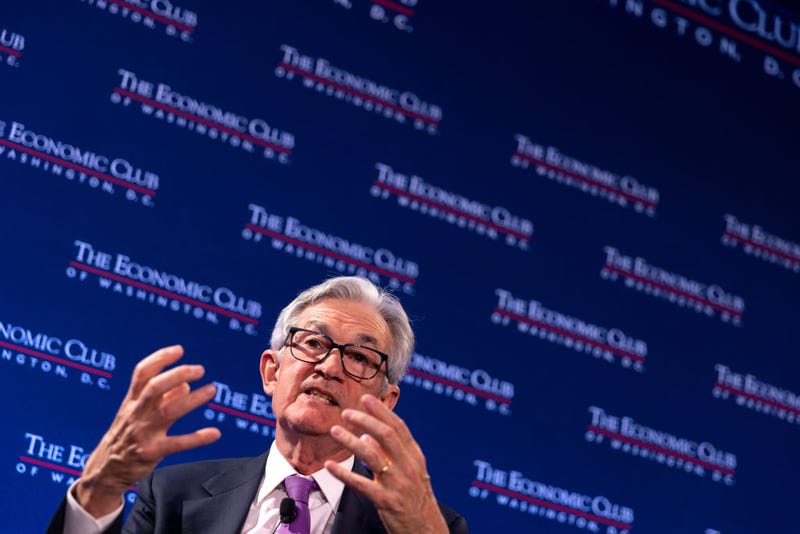
During a speaking engagement on Tuesday, Federal Reserve chair Jerome Powell discussed the central bank’s plan for fighting inflation, saying that the road to reducing it wouldn’t be smooth.
Powell shared his thoughts while speaking during an appearance at The Economic Club of Washington, D.C.
“This process is likely to take quite a bit of time. It’s not going to be, we think, smooth. It’s probably going to be bumpy,” Powell said
At the beginning of the month, the central bank raised key interest rates again, but this time only by a quarter of a percent, which is down from the previous rate hikes of three-quarters of a percent.
While he reiterated that rate hikes will continue for the foreseeable future, as Powell said they will be needed to contain inflation, the Fed chairman did note that we are starting the “disinflationary process.”
“The disinflationary process — the process of getting inflation down — has begun, and it’s begun in the goods sector, which is about a quarter of our economy,” Powell said. “But it has a long way to go. These are the very early stages of disinflation.”
Currently, the Fed’s benchmark rate is at 4.75% after continuous increases throughout the last year, which both Democrats and Republicans have criticized, for their impacts on consumers and businesses.
During a press conference on Monday, Speaker Kevin McCarthy (R-CA) shared his displeasure with the central bank’s decisions while discussing the debt ceiling.
“Defaulting on our debt is not an option,” McCarthy said. “But neither is a future of higher taxes, higher interest rates, and an economy that doesn’t work for working Americans.”
While interest rate hikes help control inflation, they also have an increasing effect on the working class. This was stated in an October letter to the Federal Reserve from Sen. Sherrod Brown (D-OH), the chairman of the Senate committee on banking, housing, and urban affairs.
“A family’s ‘pocketbook’ needs have little to do with interest rates,” Brown said in the letter. Brown also noted that “potential job losses brought about by monetary over-tightening will only worsen these matters for the working class.”


